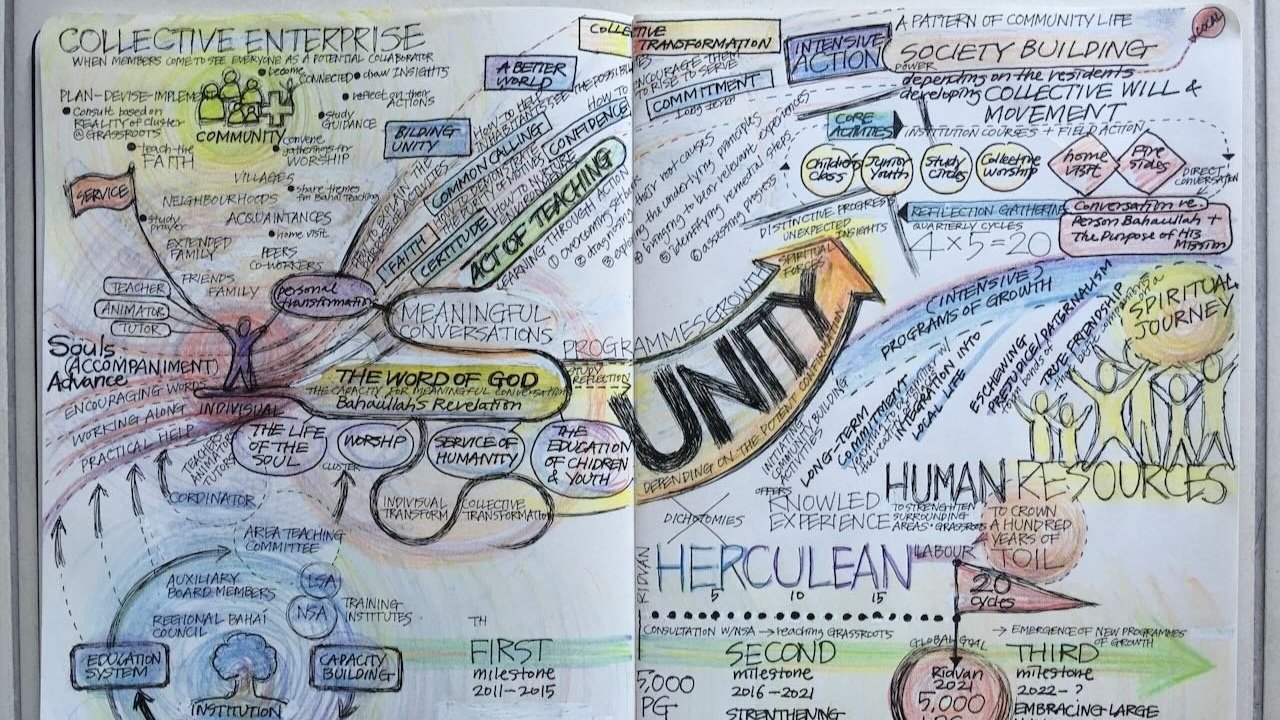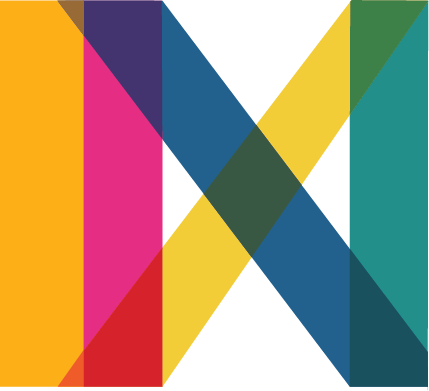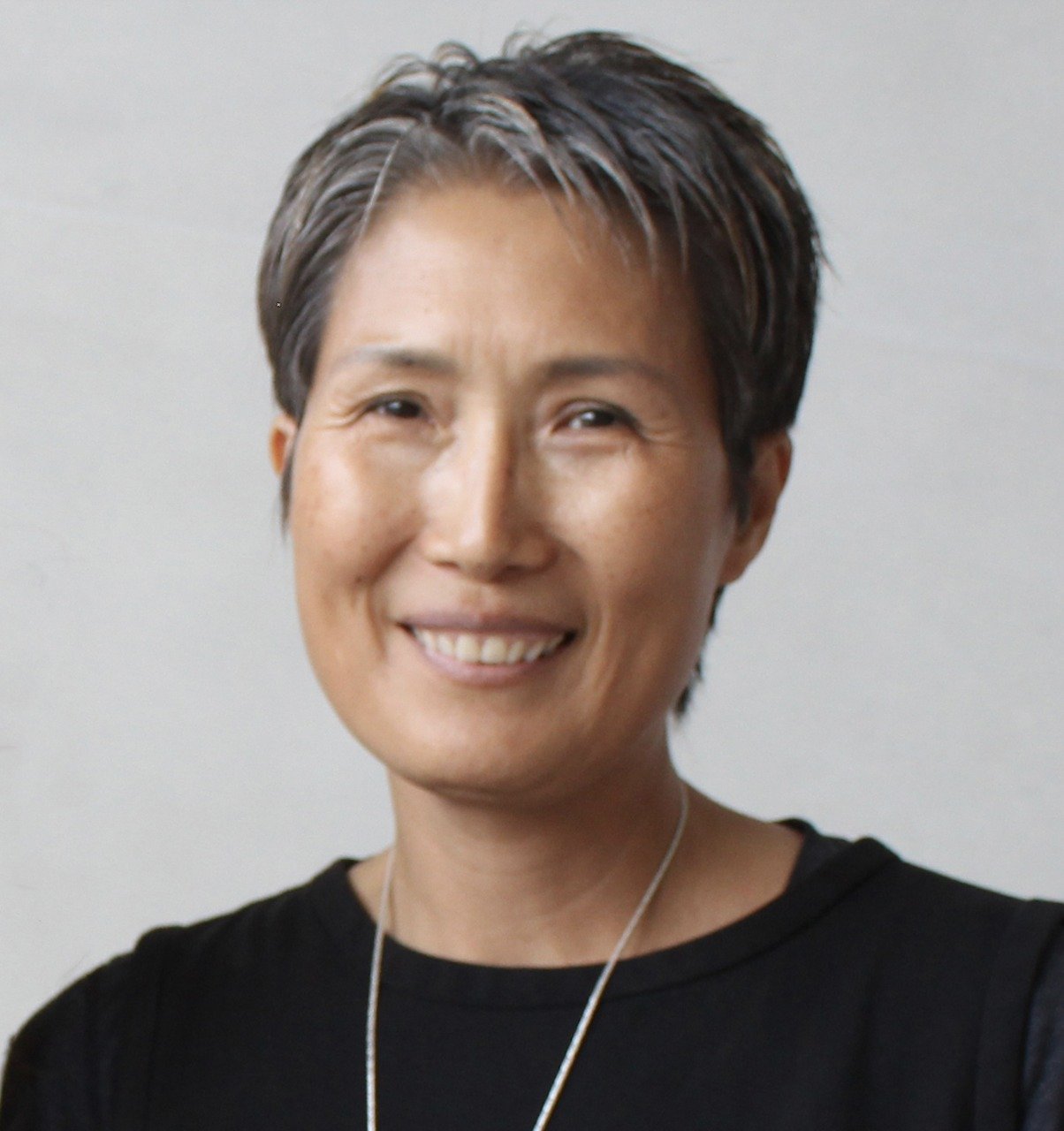
yunsun chung
design educator, social innovator, community builder and grandmother living in Seoul, Korea
bio
cv
book
papers
Yunsun Chung is a design educator, social innovation practitioner and community builder with a passion for integrating science, social action and spirituality in transformative education. She has taught graphic design and social innovation at Eastern New Mexico University, USA and Zayed University, Dubai, UAE (2003-2021) and practiced social design by co-founding youth and community empowerment initiatives and NGOs such as GYEM (global youth empowerment), tasmena (community design association) and INNOCO (innovation co-designing). She was a principal investigator of ‘Co-Designing Food Revolution for Social Change’ as a transdisciplinary action research to build a permaculture community garden in a desert environment at Zayed University (2017-2021). Currently she runs an education company, IN (INNOCO) leading design, development and facilitation of community building programs, working with IN-Collectives for social change locally and globally.
Handbook of Quality of Life and Social Change: Individual and Collective Paths 2024
Self.Society.Service in ME=WE:
Walking the Path of Service as an Aspiring Pathfinder by Yunsun Chung
In a world yearning for the harmonious convergence of science, social action, and spirituality, we are confronted by seemingly insurmountable socio-ecological-spiritual challenges and the consequences of unsustainable systems. This reality calls for responsive transformation. This chapter delves into critical questions: What legacy do we wish to leave as ancestors (SELF)? How can we articulate our aspirations for the next generation (SOCIETY)? What collective steps can we take toward the unity of humanity (SERVICE)? We introduce the ME=WE framework as a universal language and a symbiotic relationship between SELF and SOCIETY, illuminating a path of SERVICE. We introduce the ME=WE framework as a universal language and a symbiotic relationship between SELF and SOCIETY, illuminating a path of SERVICE. This chapter offers a journey through the ME=WE Pathway, beginning with personal reflections on our current reality, innovative educational practices, and the identification of ME=WE blind spots within living systems. We explore the integration of ME=WE practices into individual, community, and systems dimensions, contemplate the significance of ME=WE, and outline the ME=WE Framework and Approaches. Through artful design and program development, we exemplify The ME=WE Pathway in diverse community-building projects across various sectors. Then, in a fireside-like conversation, it invites intergenerational, multicultural, and transdisciplinary groups to co-sense the potential of (1) the ME = WE framework, its applications, and a platform for self-transformation that leads to social change, (2) relationships between the individual and the collective for generative social change, and (3) the personal changemaker pathway in terms of promoting and nurturing quality of life. In the social field of academia, industry, government, and community, a movement has gained momentum towards these efforts.
Chapter | First Online: 05 October 2024 | pp 203–221 | Cite this chapter
Co-Designing Food Revolution for Social Change 2020
Enabling students to become changemakers and integrating sustainability as lifestyle in higher education is a priority. It requires a safe space where students can experience their journey within a healthy environment, which can fill a gap in theory and practice and connect them with nature, society and self. Visualizing the relationship of ME and WE, and a pathway for changemakers has been developing from previous action researches (Chung 2015 and 2018) presented in RSD5 and RSD7. This study proposes a visualized relationship between ME and WE to support changemakers’ pathway and showcases its experimental application through a project, Co-Designing Food Revolution for Social Change action research team at Zayed University in the UAE. It further explores a ME=WE framework, changemaker pathway and systemic pathway through co-designing a small scale food system in the immersive learning environment, the garden. A narrative of the concept development and the project pathway was visualized in the gigamap presented in RSD9. This paper discusses the findings and reflection on a ME=WE pathway unfolded with the KULNA project. The intention is to share the learning outcomes of the co-designing pathway for KULNA community garden project and the process of prototyping a future scenario.
Co-designing a social innovation model for changemakers 2018
This action research presents a co-designing process and social innovation model for changemakers. The process of developing participants’ roadmap to become a changemaker starts by understanding the potential of a conceptual framework of ME=WE, recognizing the value of co-design, co-creating tools to facilitate in a program, and witnessing personal (ME) and collective (WE) growth stories in a community setting. The study also explores how systems thinking has contributed to shaping the framework and tools created for the program. The driving force behind the development of this working model was a recognition of how our current higher education system is undergoing a paradigm shift to cultivate empathetic, driven and holistic young leaders and changemakers. With partial support from Zayed University in Dubai, UAE a platform titled INNOCO (INNOvation CO-designed) was initiated to co-create a pathway for youth to engage in hands-on learning and enable socially innovative action in their communities, all in an effort to create a movement of social change.
AUTHORS: Yunsun Chung-Shin (yunsun.chung-shin@zu.ac.ae), Joanne Renaux (joanne.renaux@zu.ac.ae), Vijaya Chikermane (Vijaya@710stories.com)
KEYWORD: Changemakers, Co-Design, Education systems, Social Innovation, Transdisciplinary, Youth Empowerment,
Empowering Students in Leading their Education and Practice: The Design Workbook 2018
How does education prepare future designers for current and future requirements of the field? An attempt to respond to this question is presented through the Design Workbook: a curricular project that has been proposed and developed over the course of three phases. In Phase One, the objectives, structure and format were defined: an online interface containing activities organised under five chapters that aim at building students’ creative confidence and sensitivity to surrounding contexts, and prepare them to lead their career path. In Phase Two, the website was developed to its first usable version, and content applied into live classes. Phase Three was marked with content refinement for the activities, navigation and feature redesign in the interface, and new ways of conducting the course. The article summarises learning points from the first two phases, and provides new findings and analyses from the final phase. It also includes a sample of the activities content, student works and feedback as well as the interface development stages. The methodology utilised throughout consisted of active research, as well as learning outcomes assessment using direct and indirect measures. Assessment results and classroom observations confirmed that students benefit greatly from visualising ideas, hands on activities, design thinking workshops, as well as from collaborative experiences, to avoid facing designer’s block and to practise empowerment of self and others. Finally, challenges, opportunities and future implications are discussed, alongside implementation possibilities: The Design Workbook can run as a sole course, spread across the curriculum, and expand into the community.
A Case Study of Cultivating Youth Empowerment 2015
This paper attempts to reflect upon the framework, process, and outcomes of cultivating youth empowerment by working with the youth community in Dubai. The key question is “How might we understand the relationship between action and reflection in the context of youth empowerment?” Through our organization GYEM (Global Youth Empowerment) we employed relational system mapping to plan and manage youth teams and facilitator trainings. Design thinking provided a framework of learning and action for workshop content development. The system of action and reflection characterized our development process in learning and curating effective content. Our content strived for youth to gain creative confidence, find passion and purpose, and learn tools to implement their ideas to action. We define empowerment as a state in which youth are able to channel the energy within them through their passion onto the community around them. We found that empowerment was a by-product of our participants experiencing the framework of ME = WE. The notion that personal growth depends upon collective advancement and vice versa. Action was manifested through systems-based practical design thinking and real-world action. Reflection occurred through applying systems thinking and design thinking to global issues and exploring possible solutions. This paper seeks to understand youth perspectives on our workshop, youth empowerment, and the empowerment ecosystem by reflecting on GYEM’s workshop development and auxiliary activities.

